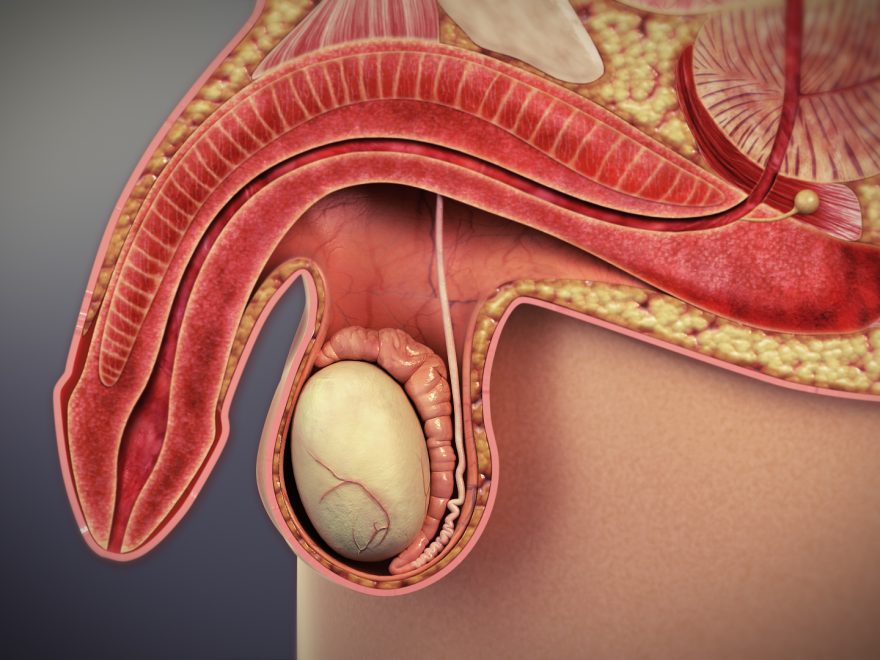Top 20 causes of erectile dysfunction in men
Erectile dysfunction (ED), also known as impotence, is a common problem that affects many men at some point in their lives. It is defined as the inability to achieve or maintain an erection sufficient for sexual intercourse. There are a number of potential causes of erectile dysfunction, including both physical and psychological factors.
- Age: As men get older, it is natural for their sexual function to decline. This is due to changes in hormones and other factors that occur as part of the ageing process.
- Hormonal imbalances: Low levels of testosterone, the male sex hormone, can lead to erectile dysfunction. Other hormonal imbalances, such as an overactive thyroid gland, can also contribute to this problem.
- Cardiovascular disease: Poor circulation and other cardiovascular issues can lead to erectile dysfunction by restricting blood flow to the penis.
- Diabetes: Men with diabetes are at an increased risk for erectile dysfunction due to the damaging effects of high blood sugar on the blood vessels and nerves.
- High blood pressure: High blood pressure can damage blood vessels and impair blood flow, leading to erectile dysfunction.
- Obstructive sleep apnea: This sleep disorder, which causes periods of interrupted breathing during sleep, can lead to erectile dysfunction due to the lack of oxygen that occurs during these episodes.
- Obesity: Being overweight or obese can lead to erectile dysfunction by impairing blood flow and increasing the risk of other conditions such as diabetes and cardiovascular disease.
- Alcohol and drug use: Excessive alcohol consumption and the use of certain drugs, such as antidepressants and tranquillizers, can contribute to erectile dysfunction.
- Tobacco use: Smoking can damage blood vessels and impair blood flow, leading to erectile dysfunction.
- Medications: Some medications, such as blood pressure drugs and prostate cancer treatment, can cause erectile dysfunction as a side effect.
- Prostate surgery: Prostate surgery, including radical prostatectomy and transurethral resection of the prostate, can cause erectile dysfunction by damaging the nerves and blood vessels involved in erections.
- Pelvic surgery: Surgery in the pelvic area, such as for colon cancer or a hernia, can lead to erectile dysfunction due to the potential for damage to nerves and blood vessels.
- Chronic illness: Chronic conditions such as multiple sclerosis, kidney disease, and liver disease can all contribute to erectile dysfunction.
- Depression: Men who are depressed may have a decreased interest in sex and may experience erectile dysfunction as a result.
- Stress: Stress and anxiety can lead to erectile dysfunction by interfering with the ability to relax and enjoy sexual activity.
- Performance anxiety: Men who are overly concerned about their sexual performance may experience erectile dysfunction due to the pressure they put on themselves.
- Relationship issues: Difficulties in a relationship, such as a lack of communication or intimacy, can lead to erectile dysfunction.
- Lack of sleep: Men who are sleep-deprived may have a decreased libido and may experience erectile dysfunction.
- Poor diet: A diet high in unhealthy fats and lacking in certain nutrients, such as zinc and vitamin B, can contribute to erectile dysfunction.
- Low physical activity: Men who are sedentary and do not engage in regular physical activity may be at an increased risk for erectile dysfunction.
It is important for men to address any underlying causes of erectile dysfunction in order to improve their overall sexual function. Seeking medical help and making lifestyle changes, such as quitting smoking and exercising regularly, can often help improve erectile dysfunction.
